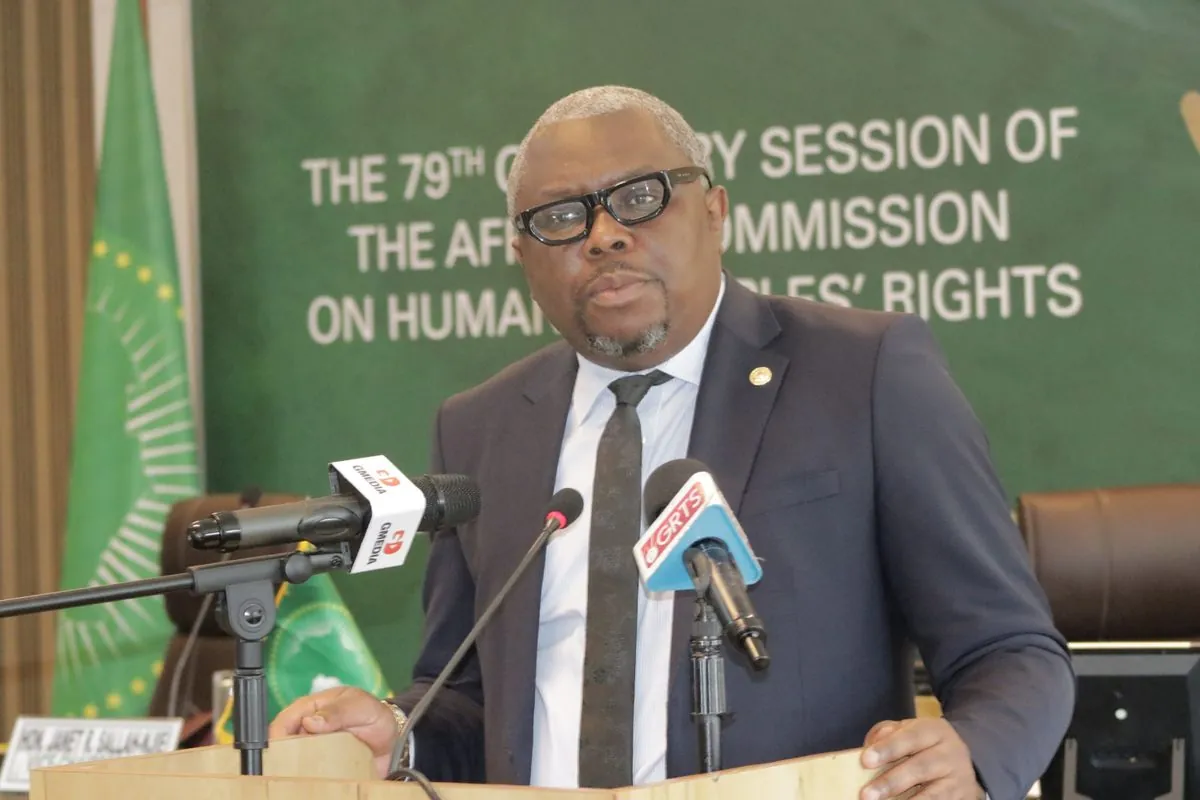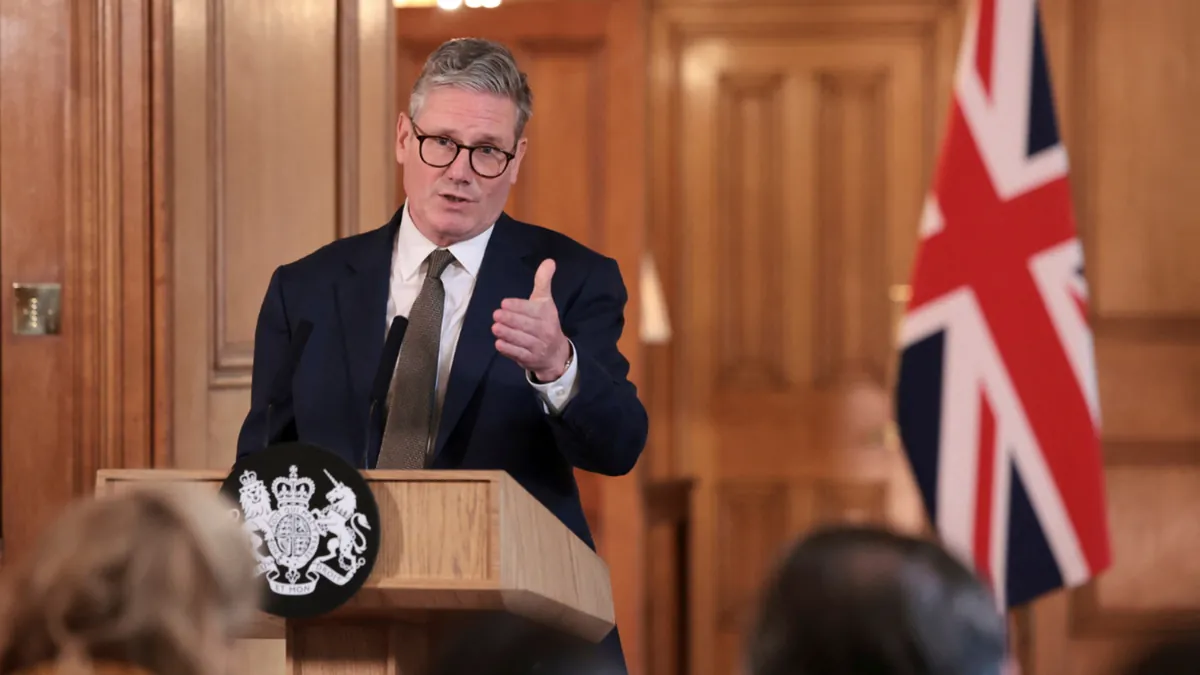UN Expert Cautions on Rushed Trans-Inclusive Conversion Therapy Bans
A UN special rapporteur warns of potential risks in hastily implementing trans-inclusive conversion therapy bans, emphasizing the need for careful consideration of biological sex in equality laws and data collection.

Reem Alsalem, the UN special rapporteur on violence against women and girls, has issued a warning about the potential risks associated with hastily implementing trans-inclusive bans on conversion therapy. The expert cautions that such bans could inadvertently harm girls and boys if not carefully considered.
Alsalem expresses concern that these bans might lead to the "fast-tracking" of lesbian and autistic girls towards irreversible medical gender transitions. She emphasizes the importance of allowing healthcare professionals to explore various factors contributing to a child's distress, rather than immediately attributing it to gender identity issues.
"By putting them on that high-speed train... you may inadvertently subject them to the conversion therapy you are trying to ban."
The UN expert's comments come as governments worldwide grapple with balancing gender identity rights and women's safety. Alsalem urges policymakers to learn from Scotland's experience with self-ID laws and to consider the findings of the Cass Review, which highlighted the complexities of gender medicine for young people.

In addressing data collection, Alsalem advocates for recording biological sex in crime statistics, particularly for sexual assaults. This approach, she argues, is crucial for accurately understanding and addressing violence against women, which is predominantly perpetrated by males against females.
The special rapporteur also touches on the importance of academic freedom in discussions about sex and gender. She notes that individuals should be able to express their views without fear of reprisal, as long as they do not incite hatred.
As the debate on gender identity and women's rights continues, Alsalem's insights provide a valuable perspective on the need for careful consideration and balanced approaches in policymaking. Her comments underscore the complexity of these issues and the potential unintended consequences of well-intentioned legislation.


































